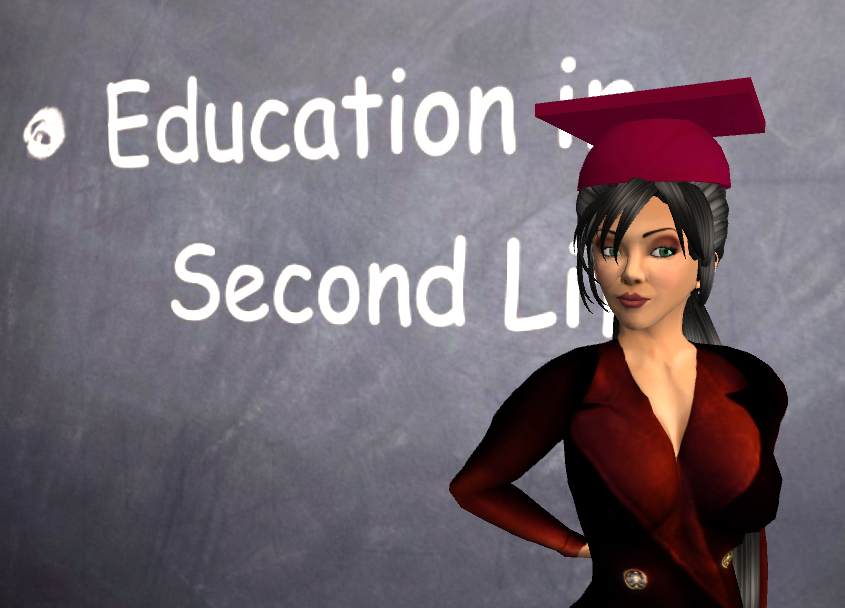 After a couple of years teaching communicative English in the Extension Division of the Faculty of Humanities (FUNDEIM) at the Central University of Venezuela (UCV), the biggest problem students face when taking these courses is the output, that is to say, the fact of producing their own ideas with the language proficiencies they have already acquired by having classes at least twice or three times a week, for a total of six academic hours.
After a couple of years teaching communicative English in the Extension Division of the Faculty of Humanities (FUNDEIM) at the Central University of Venezuela (UCV), the biggest problem students face when taking these courses is the output, that is to say, the fact of producing their own ideas with the language proficiencies they have already acquired by having classes at least twice or three times a week, for a total of six academic hours.Most of the students, who have already passed all the required levels to begin a conversational one, do not feel confident enough to start a conversational course even though their grades were over 15 in a scale of 20 points, which means that in theory, they are well-prepared to start the next level.
They usually get into the conversational levels very anxious or worried about the fact that in this kind of courses a text book is not used, which means that students should do their best, not only to pass the level, but especially to master their language knowledge to get their message across the class. Success mostly depends on students’ willingness and the class methodology is focused on developing comprehension skills and oral production.
Class are always held in a traditional classroom and it is obvious that students feel intimidated when talking, because everybody’s eyes stare at the person talking. Sometimes, people feel more confident when they feel certain privacy, like talking on the phone or having a simple conversation on Skipe.
In this regard, the intention of this research proposal is to find out how motivation influences students or not to improve their language abilities, what its impact and relevance in SLA is, specifically on conversational courses, and what other factors such as anxiety or self-esteem are related to the development of oral production. My research questions would be:
- Can motivation improve students’ oral production?
- Can the Web help learners to improve their oral production?
- Can virtual rooms or classrooms help learners to be less intimidated and more comfortable when producing and idea?
Final project artifact Speaking English is fun!



 Students, who are highly likely to use the Internet for chatting, sending emails, viewing images or watching videos, do this commonly through these social networking sites. Therefore, why cannot Facebook be used with educational purposes?
Students, who are highly likely to use the Internet for chatting, sending emails, viewing images or watching videos, do this commonly through these social networking sites. Therefore, why cannot Facebook be used with educational purposes?
 Flickr: Design that Connnects
Flickr: Design that Connnects




 However, I must say that fantasy will always be perfect and this fantasy virtual world is still not perfect. As it was mentioned above, this is a powerful teaching/learning tool, but it needs certain technical requirements that not all lot of people neither have nor have access to. What is more, it takes quite a time to just manage the basic skills like walking for example and this could be a time consuming element if not everybody in the class is familiarized with the tool.
However, I must say that fantasy will always be perfect and this fantasy virtual world is still not perfect. As it was mentioned above, this is a powerful teaching/learning tool, but it needs certain technical requirements that not all lot of people neither have nor have access to. What is more, it takes quite a time to just manage the basic skills like walking for example and this could be a time consuming element if not everybody in the class is familiarized with the tool.

 Wikis is another of the Web 2.0 tools that have been recently used in ELT with educational uses. Wikis are frequently utilized not only by teachers worldwide to share teaching experiences, but also as a nice tool to give students participation. As well as blogging, wikis are powerful and fun tools to use out of the classroom. Students have the possibility to make themselves heard and perhaps participate in a larger community.
Wikis is another of the Web 2.0 tools that have been recently used in ELT with educational uses. Wikis are frequently utilized not only by teachers worldwide to share teaching experiences, but also as a nice tool to give students participation. As well as blogging, wikis are powerful and fun tools to use out of the classroom. Students have the possibility to make themselves heard and perhaps participate in a larger community. In our fourth ICT session, the topic was blogging. It is one of the new trends in the 21st century, which have revolve the tech world by being one of the most popular Web 2.0 tools. The word Blog is a contraction of “web log” and it is a type of website usually maintained by an individual with regular entries about a great variety of topics, descriptions of events, among others. One of the multiple advances of this kind of personal website is the possibility to add other materials such as graphics, texts, links, pictures or videos, as well as allowing the readers to leave any comments and even to participate of the construction of the site. In simple words, a Blog is a personal online diary (Wikipedia, 2009).
In our fourth ICT session, the topic was blogging. It is one of the new trends in the 21st century, which have revolve the tech world by being one of the most popular Web 2.0 tools. The word Blog is a contraction of “web log” and it is a type of website usually maintained by an individual with regular entries about a great variety of topics, descriptions of events, among others. One of the multiple advances of this kind of personal website is the possibility to add other materials such as graphics, texts, links, pictures or videos, as well as allowing the readers to leave any comments and even to participate of the construction of the site. In simple words, a Blog is a personal online diary (Wikipedia, 2009).



